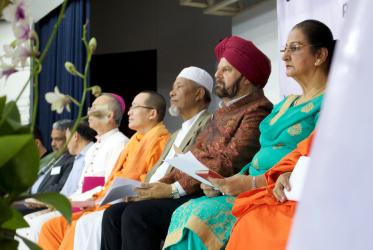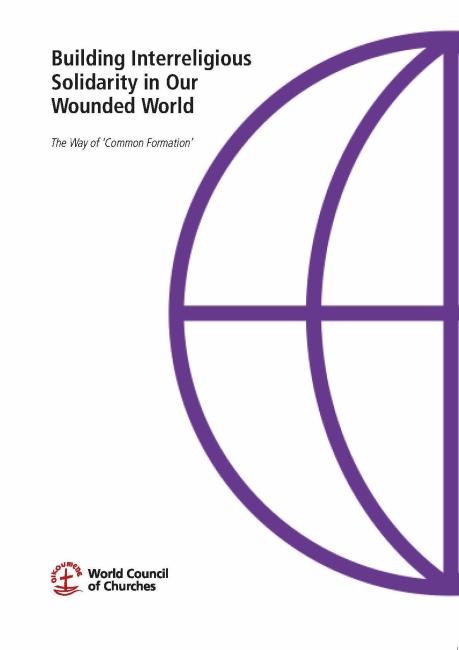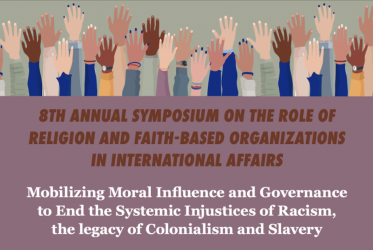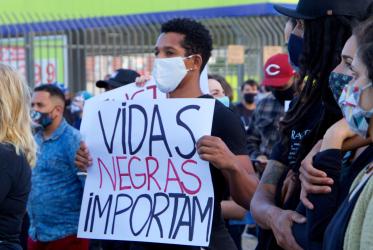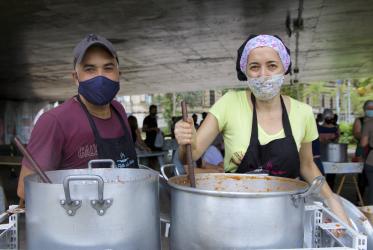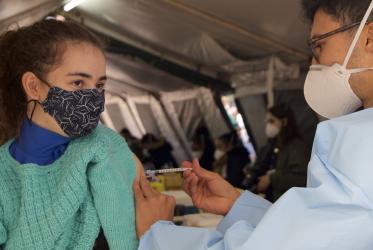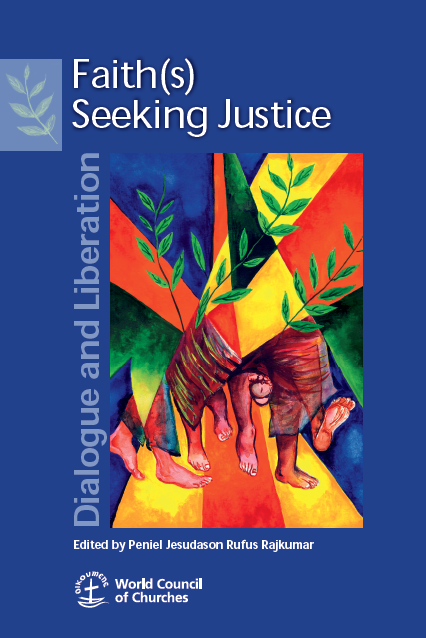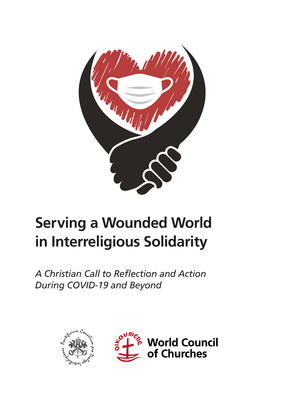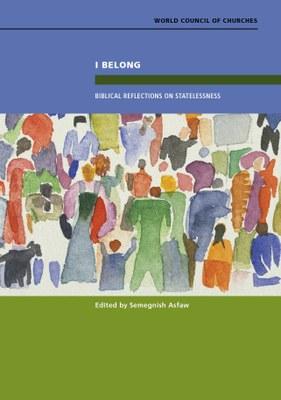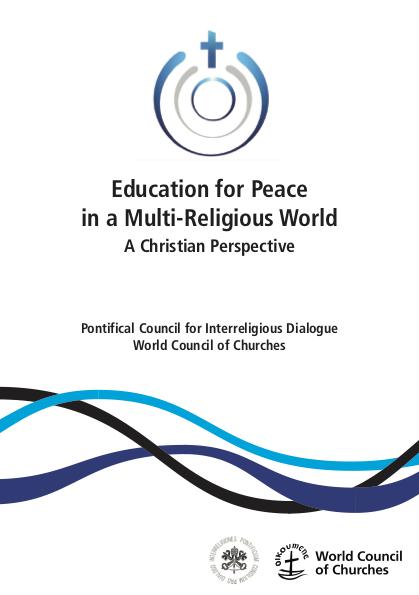Displaying 1 - 20 of 34
HIV and AIDS Civil Society Networks and the Faith Sector
Lessons Learnt from Strategic Engagement in India, Dominican Republic, Indonesia, and Jamaica
31 January 2023
Seek Peace and Pursue It: PJP Series 4
Reflections on the Pilgrimage of Justice and Peace in Europe
22 August 2022
Towards an Ecumenical Theology of Companionship: PJP Series 3
A Study Document for the Ecumenical Pilgrimage of Justice and Peace
19 August 2022
WCC pre-Assembly consultation on Overcoming Racism, Racial Discrimination and Xenophobia
06 - 10 December 2021
Geneva, Switzerland
Webinar: Sustainable food systems to overcome hunger
08 October 2021
Webinar - Intergenerational conversation will commemorate 50 years of WCC’s interreligious inroads
01 July 2021
https://us02web.zoom.us/webinar/register/WN_dwi_li4JTI6FRzEaqGeqvw
Serving a Wounded World in Interreligious Solidarity
A Christian Call to Reflection and Action During COVID-19 and Beyond
25 October 2020
I Belong: Biblical Reflections on Statelessness
Biblical Reflections on Statelessness
12 October 2020
